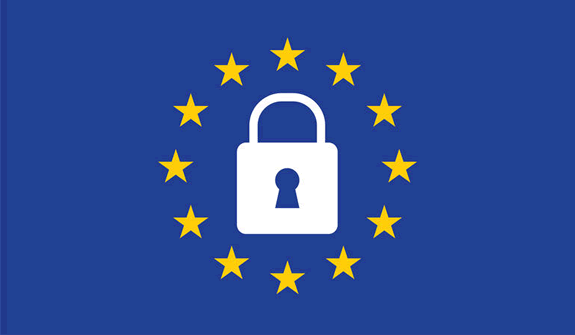GDPR (general Data Protection Regulation)
This is something you may have read about in the news recently, somewhat similar to the South African POPIA (Protection of Personal Information Act). Many websites collect your information by means of feedback or enquiry forms or when you buy something from an on-line shop, all very well these things things have a purpose: to collect an interested customers information, or t collect delivery address in the case of an on-line shop. The problem comes about when that information is used for purposes other that what was intended, have you thought about how much personal information you may have left on Facebook, Twitter or any other social media platform?
GDPR is a regulation from the European Union (EU) it came into effect on the 25th of May 2018, if you have any dealings with a business within the EU it affects you to, non-compliance has some heavy penalties. Here is an extract from ZDNet:
At its core, GDPR is a new set of rules designed to give EU citizens more control over their personal data. It aims to simplify the regulatory environment for business so both citizens and businesses in the European Union can fully benefit from the digital economy.
The reforms are designed to reflect the world we’re living in now, and brings laws and obligations – including those around personal data, privacy and consent – across Europe up to speed for the internet-connected age.
Fundamentally, almost every aspect of our lives revolves around data. From social media companies, to banks, retailers, and governments — almost every service we use involves the collection and analysis of our personal data. Your name, address, credit card number and more all collected, analysed and, perhaps most importantly, stored by organisations.


Recent Comments